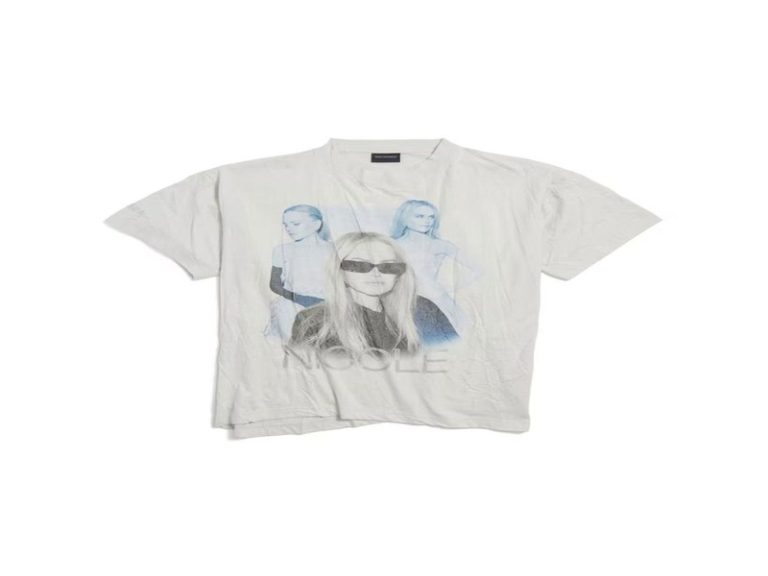Apple Pay
Apple has been named in a proposed class-action lawsuit alongside Mastercard and Visa, over claims of conspiracy to cut competition and make merchants pay higher fees for credit and debit card transactions.
Filed on Thursday at the East St. Louis, Illinois Federal Court, merchant Mirage Wine & Spirits alleges that Apple made agreements with Visa and Mastercard to not compete against the two incumbent credit card firms.
According to the complaint reported by Reuters, the deal allegedly had Visa and Mastercard pay Apple part of the transaction fees for any purchases performed by consumers on their networks that used Apple’s “Mobile Wallet service,” namely Apple Pay. This was deemed in the complaint to be a “very large and ongoing cash bribe” valued at hundreds of millions of dollars per year.
Since there’s no competition between the three companies in the complaint, there’s therefore no reason for any of the firms involved to work to improve their services and gain more custom, such as by reducing the fees merchants pay for card transactions. The supposed deal therefore didn’t help merchants that relied on the network, but instead cost them more money in fees.
It is thought that, if there wasn’t a market-allocation agreement, Apple or a third party would’ve entered the market and placed “downward pressure on the Entrenched Networks’ fees.”
The lawsuit doesn’t just go after fee arrangements but also tackles Apple’s hardware as well. It is alleged that, under the agreement with Visa and Mastercard, Apple would “protect their market division from competition by blocking third parties from accessing certain hardware in the iPhone.”
Apple had, in the complaint, allegedly agreed to not allow third-party payment applications to “reside in the Apple Pay Mobile Wallet or use the NFC hardware” installed on items like the iPhone.
If the agreement didn’t exist, Apple would’ve had more incentive to effectively manage its own payment network, with the Apple Wallet funded with bank transfers and merchant fees that were still “highly profitable to Apple” but also “significantly below” those of Visa and Mastercard.
There would’ve also been an incentive to open up NFC functionality to third-party apps, the complaint adds.
The lawsuit is seeking a class action status, and is brought on behalf of a proposed class of “at least many thousands” of merchants. It also seeks triple damages under U.S. antitrust law.
Apple has yet to officially comment on the lawsuit.
While the lawsuit may take a while to come to fruition, Apple may still open up NFC access. On December 12, it was reported Apple is considering offering to open up NFC on the iPhone to other payment services, to fend off antitrust regulatory trouble in the European Union.












